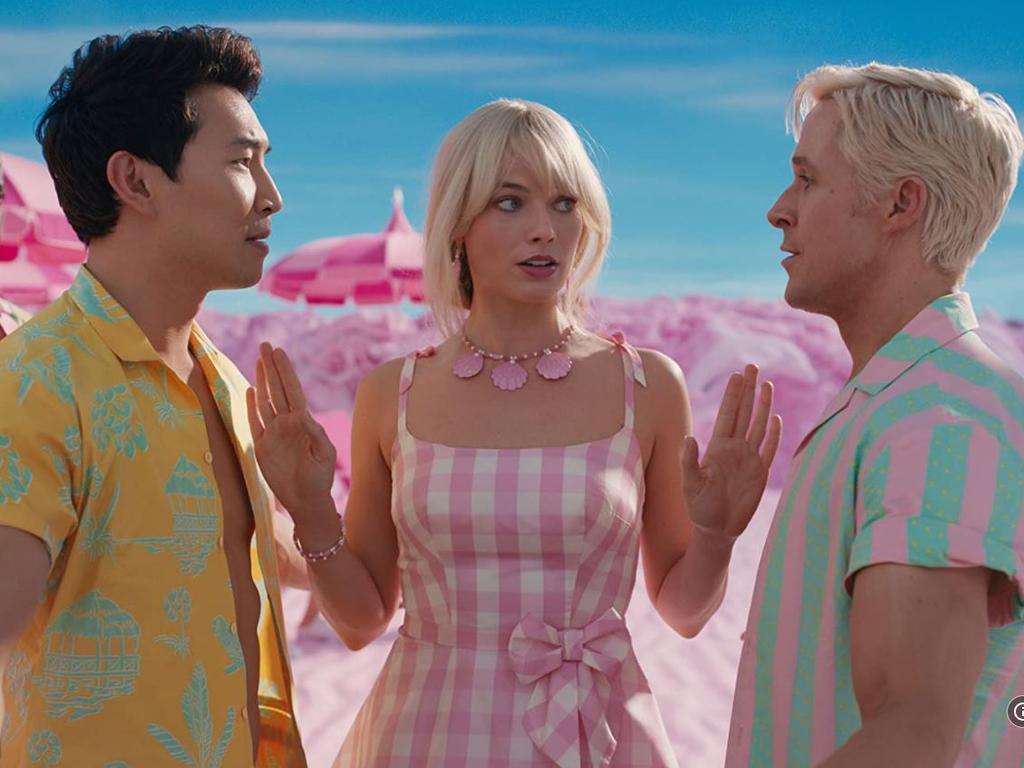We’re fiddling with trivia as the world burns

In the Middle Ages, Venice had been an important European power, but by the end of the 17th century she was on the skids, overtaken by larger and more dynamic rivals, sidelined by a revolution in global trade and crippled by the mismanagement of her inept hereditary elite. Faced with geopolitical irrelevance and economic stagnation, Venetians sought the consolations of frivolity.
In La Serenissima, his masterly recent history of Venice, Jonathan Keates describes the fading republic’s “air of calculated triviality”, the ubiquitous “sense that serious initiatives and major political concerns had to all intents and purposes evaporated”.
Sound familiar? When I reviewed the book last year I noted the historical resonance. Since then, Keates’s account of a declining maritime empire in love with superficial distractions has returned to haunt me.
I thought of Venice as I watched the coronation of King Charles III, as BBC announcers consolingly explained that for all her travails Britain could still beat the world for marching bands, military spectacle and pomp. And I thought of Venice during this summer’s auto da fe of television personalities, as the country found itself transfixed by gossip about the alleged behaviour of Phillip Schofield and Huw Edwards.
Downwardly mobile nations tend to obsess over trifles and distractions because serious issues become too frightening to contemplate. Witness the cabarets of Weimar Berlin or the uneasy, teetering magnificence of Viennese culture in the decades before the Great War (the title of Frederic Morton’s classic book on that era, A Nervous Splendor, captures the mood well). I think something similar explains the strange, almost hysterical unseriousness abroad in British culture at the moment.
A bleak new essay by the economist Sam Bowman warns that Britain should get used to thinking of itself as “a developing country”. We are mistaken, Bowman sombrely counsels, to imagine that we still belong with America in the front rank of nations. He presents a series of depressing statistics. The US is 39 per cent richer than the UK. Its productivity is 38 per cent higher than ours. In America a newly qualified nurse earns an equivalent £42,000 compared to £27,000 in the UK. In Alabama, apparently, you can earn $125,000 managing a car wash.

At this point I put Bowman’s essay aside to stare blankly at my bedroom wall for a bit. In such circumstances is it any wonder that Love Island is the cultural event of the summer? Or that Huw Edwards’s private life seems so madly diverting? And I haven’t yet got into the really morbidly existential stuff. The fact that Europe is burning. Or that the World Economic Forum predicts artificial intelligence will destroy 83 million jobs globally in the next five years (even if it will also create a fair few). Or that American democracy looks an increasingly shaky proposition.
It doesn’t bear thinking about. And so the most talked about film of the week is about a plastic doll designed for six-year-olds. It is not that I object to Barbie. Or to Love Island. Or to scrutiny of powerful men on TV. The problem is to do with priorities. Trivia has become the main event.
It is also true that unseriousness is not an exclusively British problem (Barbie is an American film) but the English are particularly vulnerable to the temptations of whimsy because we have such a long (and generally laudable) history of suspicion towards the over-serious and the pretentious. The principal theme of British comedy from Charles Dickens to Diary of a Nobody to Ricky Gervais is the absurdity of those who take themselves too seriously. Our allergy to pomposity has protected us from many ills: from extreme ideologies of left and right, the worst of po-faced American puritanism and the continental credulity towards dubious, Gauloise-toting intellectuals.
But the national predilection for silliness is at present being over-indulged. A state that permits stand-up comedians such as Konstantin Kisin to set themselves up as public intellectuals and appear on Question Time is one that is afraid to hear anybody talk about its problems seriously. Our politicians suffer the same sickness. It is hard to feel you are living in a grown-up country when you have watched an ex-government minister eating a kangaroo’s gonads on national television (naturally, Matt Hancock’s disturbingly cheerful self-humiliation obsessed the public for weeks). A country in which MPs try to curry favour with the public by comically debasing themselves on social media is one that is losing faith in the idea that a politician might be impressive as a thinker or a leader rather than as a sort of second-rate comedian.
Our obsession with the trivial is symptomatic of an unhelpful pessimism: a belief we are no longer a country worth taking seriously, or capable of successfully confronting our problems, or regarding government ministers as important people. None of these things is true. Sometimes seriousness is a form of optimism. We could do with more of it.
The Times







In the melancholy years of her decline, the Republic of Venice became famous for her entertainments and trivial pleasures. Tourists adored her as a city of operas, carnivals and glittering rituals.